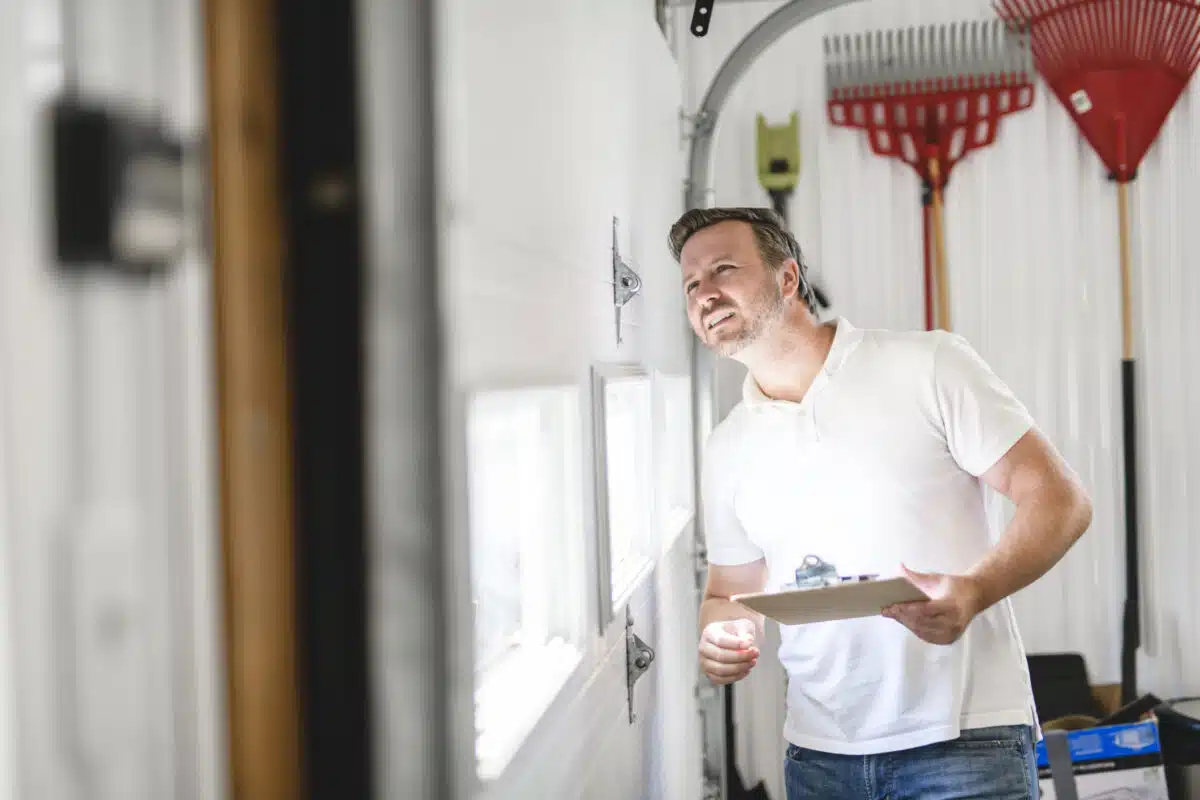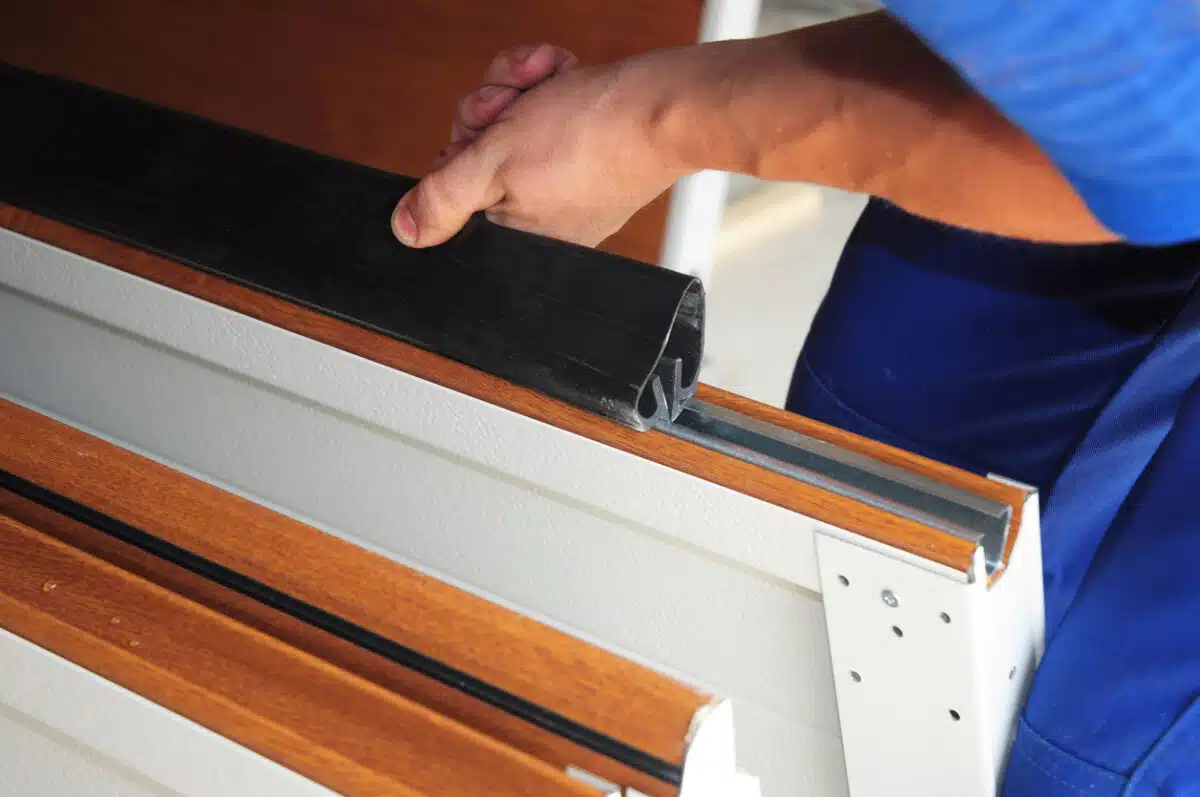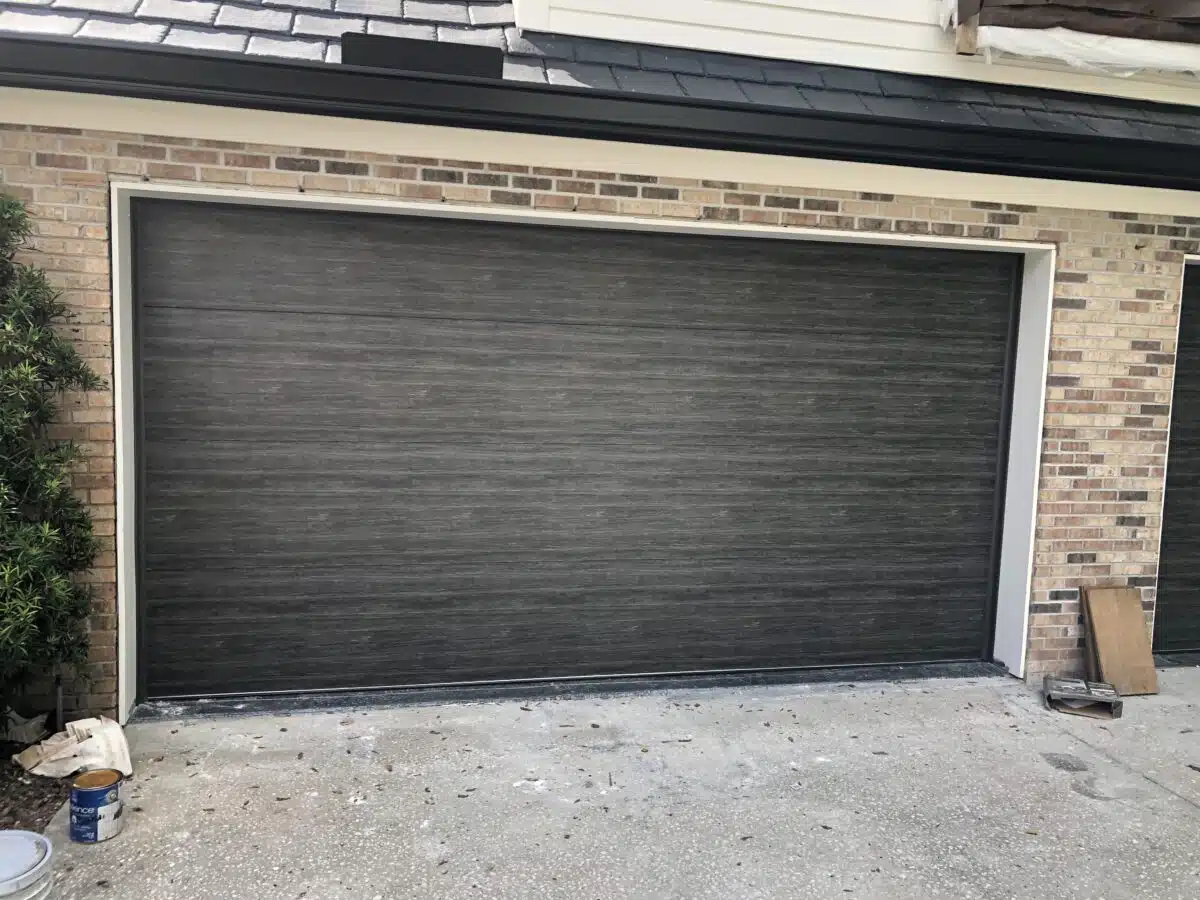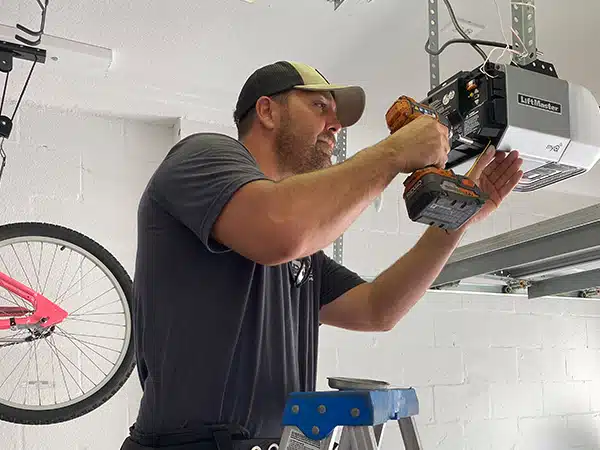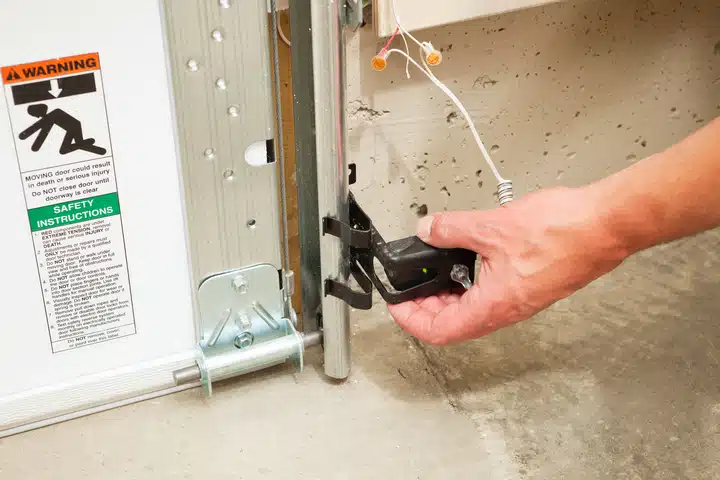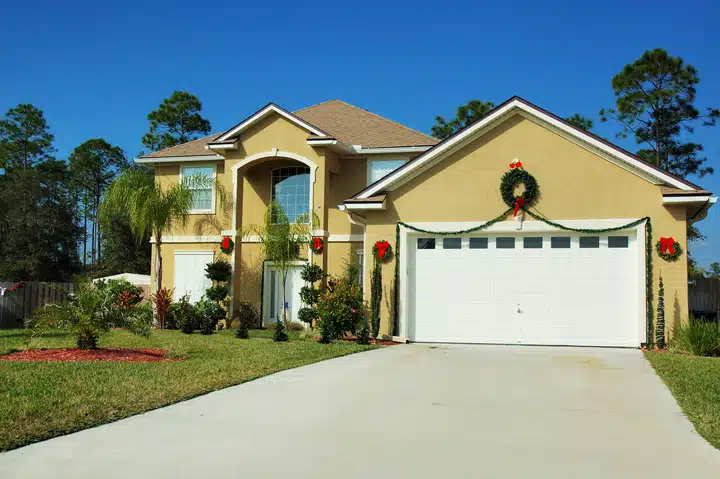The Difference Between Torsion Cables and Extension Cables
Which Cable Does Your Home Have?
If you’ve ever had issues with your garage door cables or springs, you may have heard terms like “torsion cables” or “extension cables.” For most homeowners, the differences aren’t obvious – until something goes wrong.
Understanding which system your home has helps you:
✅ Spot early signs of cable wear
✅ Know what type of maintenance is needed
✅ Communicate issues clearly to your technician
✅ Make better decisions when it’s time for repairs or upgrades
Here’s an easy-to-understand explanation of the two main types of garage door cable systems and how to identify which one your home uses.
What Are Garage Door Cables, and Why Do They Matter?
Garage door cables are responsible for lifting and lowering your garage door smoothly and safely. They work hand-in-hand with your springs, guiding tension, carrying weight, and preventing uncontrolled movement.
When cables wear out, fray, or snap, the entire system becomes unsafe – and in some cases, completely inoperable. That’s why it’s important to know what type of cable system you have.
Garage doors generally use one of two systems:
- Torsion cables
- Extension cables
Let’s break down the differences.
Torsion Cables: The Most Common Modern System
How They Work
Torsion systems use large, strong springs mounted horizontally above the garage door. When the door opens, these springs unwind, helping lift the heavy door with controlled tension.
Torsion cables attach to the bottom corners of the door, wrap around metal drums mounted next to the torsion spring, and work to lift the door evenly.
Benefits of Torsion Cables
- Smoother, quieter operation
- Better balance and controlled lifting
- Increased lifespan and durability
- Safer in the event of failure (torsion systems lift the door upward instead of relying on stretched springs)
- Ideal for heavier or insulated doors
Signs You Have Torsion Cables
- You see a long spring tube running above your garage door
- The cables run vertically on the sides, connecting to small drums
- Your opener sounds smoother and the door lifts evenly
Most newer homes and professionally installed modern doors use torsion systems because they’re easier to balance and longer-lasting.
Extension Cables: An Older, Simpler System
How They Work
Extension springs are mounted along the sides of the garage door tracks, stretching and contracting as the door moves. Extension cables run through pulley systems to help counterbalance the door’s weight.
Benefits of Extension Cables
- Lower upfront cost
- Simple mechanical design
- Common in older homes and smaller garages
Drawbacks to Consider
- More noise and vibration
- Uneven lifting if one spring wears out
- Shorter lifespan than torsion systems
- More risk if a spring breaks without safety features
- Not ideal for heavy or large doors
Signs You Have Extension Cables
- You see long, coil-style springs running along both sides of the track
- Your cables run from the bottom of the door into a pulley system
- Your door feels bouncier or louder during operation
- The system looks more stretched and open compared to torsion systems
Extension systems used to be common, but many homeowners upgrade to torsion systems for durability, strength, and safety.
So… Which Cable System Does Your Home Have?
Use this quick guide:
| Look For | If Yes → You Have: |
| A long metal bar with springs above your door | Torsion system |
| Springs running parallel to the tracks on either side | Extension system |
| Smooth, quiet lifting motion | Likely Torsion |
| Pulley wheels attached to stretched springs | Extension |
| Newer home (2000s and later) | Most likely Torsion |
If you’re still unsure, a technician can identify it in seconds.
Should You Upgrade from Extension to Torsion?
Many Tampa homeowners choose to upgrade for:
- Better safety
- Quieter operation
- Longer system lifespan
- Improved balance for heavier doors
- Fewer emergency breakdowns
If your door uses an older extension system and you’ve noticed noise, uneven lifting, or frequent cable issues, an upgrade can be a smart long-term investment.
Need Help Identifying or Replacing Garage Door Cables?
Whether your garage door uses torsion cables or extension cables, Bayside Garage Door has the expertise to repair, replace, or upgrade your system quickly and safely.
✅ Same-day service
✅ High-quality cable replacements
✅ Full safety inspections
✅ Spring balancing & tune-ups
✅ Reliable local technicians serving Tampa, Pasco, Hernando & surrounding areas
If you’re noticing frayed cables, uneven lifting, or unusual noise, don’t wait.
Call Bayside Garage Doors Today!
Don’t wait until your garage door breaks down… Call Bayside Garage Doors today to schedule your maintenance service and keep your garage door running smoothly all year long.
Dealing with a squeaky door, issues with opening or closing, or just thinking it might be time for a change? Call us today @ (813) 670-2087 to Schedule Service, or to take advantage of our Garage Door Tune-up Specials!


